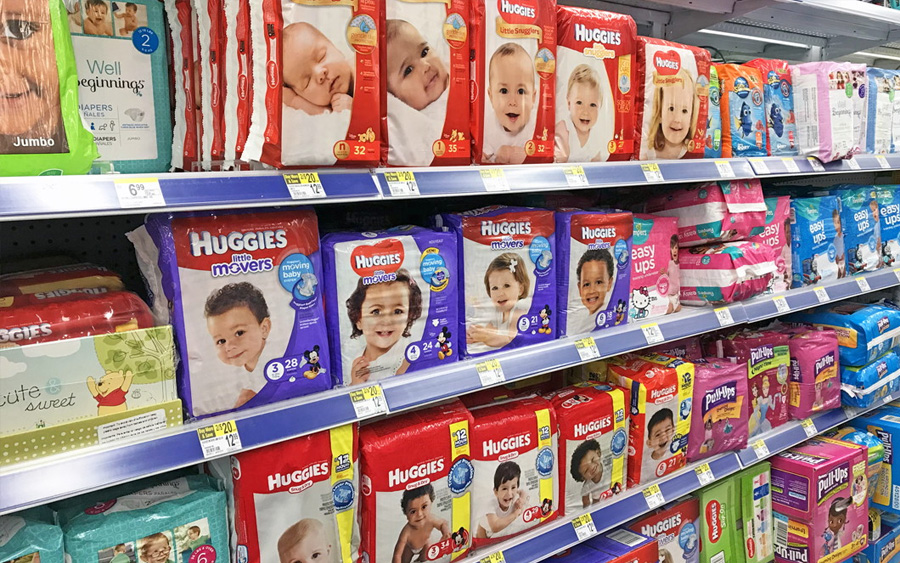How To Become A Distributor for Huggies Baby Diapers in Nigeria
How to Become a Distributor for Huggies Baby Diapers in Nigeria
Huggies, a leading brand in the baby care industry, offers a range of high-quality diapers and baby products. Becoming a distributor for Huggies in Nigeria can be a profitable business opportunity. Here’s a comprehensive guide on how to become a distributor for Huggies Baby Diapers in Nigeria, including how to register through Wigmore Trading.
1. Understand the Product
Overview: Huggies is known for its high-quality baby diapers, offering various products to cater to different needs and age groups. Familiarize yourself with the product range, including Huggies Newborn, Little Snugglers, and Little Movers.
Key Points:
- Product Knowledge: Understand the different types of Huggies diapers and their features.
- Market Demand: Assess the demand for Huggies diapers in your target market.
Sources:
2. Meet the Basic Requirements
Overview: Ensure you meet the basic requirements needed to become a distributor. This includes having a registered business, sufficient capital, and proper storage facilities.
Key Requirements:
- Business Registration: Register your business with the Corporate Affairs Commission (CAC) in Nigeria.
- Financial Capacity: Demonstrate financial capability to purchase and distribute large quantities of Huggies products.
- Storage Facility: Secure a suitable storage facility that meets health and safety standards.
Sources:
3. Contact Kimberly-Clark or the Main Distributor
Overview: Kimberly-Clark is the parent company of Huggies. Reach out to them or the main distributor in Nigeria to express your interest in becoming a distributor.
Steps:
- Initial Contact: Visit the Huggies website or Kimberly-Clark’s website to find contact information.
- Proposal: Prepare a business proposal detailing your business plan, target market, and why you want to become a distributor.
Sources:
4. Complete the Application Process
Overview: Follow the application process as outlined by Kimberly-Clark or their authorized distributor in Nigeria. This may include filling out forms, providing business documentation, and meeting specific criteria.
Steps:
- Application Form: Fill out the distributor application form if available on the manufacturer’s website.
- Documentation: Submit necessary documents such as business registration certificate, tax identification number, and proof of financial capacity.
- Evaluation: Your application will be reviewed, and you may need to attend an interview or meeting.
Sources:
5. Register through Wigmore Trading
Overview: You can also register to become a distributor for Huggies Baby Diapers through Wigmore Trading, a reliable distribution partner.
Steps:
- Visit the Registration Page: Go to Wigmore Trading Registration Page
- Fill Out the Form: Provide the necessary details and submit your application.
- Follow Up: Follow up with Wigmore Trading for further instructions and confirmation.
Link: Wigmore Trading – Apply Now
6. Meet the Minimum Order Requirement
Overview: Distributors are often required to purchase a minimum order quantity. This ensures you have enough stock to meet demand and maintain supply consistency.
Key Points:
- Initial Stock Purchase: Be prepared to make an initial bulk purchase as stipulated by the manufacturer.
- Ongoing Orders: Establish a consistent ordering schedule to maintain stock levels.
7. Develop a Marketing and Distribution Plan
Overview: Create a solid marketing and distribution plan to effectively reach your target market and maximize sales.
Key Points:
- Target Market: Identify and understand your target market.
- Distribution Channels: Decide on your distribution channels – retail stores, supermarkets, pharmacies, etc.
- Marketing Strategies: Implement marketing strategies to promote Huggies diapers in your area.
8. Comply with Regulatory Requirements
Overview: Ensure compliance with all regulatory requirements for distributing baby products in Nigeria.
Key Points:
- Licenses and Permits: Obtain necessary licenses and permits from relevant authorities such as NAFDAC.
- Compliance: Follow all health and safety regulations related to the storage and distribution of baby products.
Sources:
Conclusion
Becoming a distributor for Huggies Baby Diapers in Nigeria involves understanding the product, meeting the basic requirements, contacting Kimberly-Clark or the main distributor, completing the application process, meeting order requirements, and developing a solid marketing plan. By following these steps, you can successfully start and grow your distribution business. For a streamlined registration process, consider applying through Wigmore Trading.








LEAVE A COMMENT
You must be logged in to post a comment.